 The national average price of post-consumer PET beverage bottles and jars rose slightly for November, now averaging 5.28 cents/lb, compared to 4.50 cents/lb this time last month. Regional contracts are still yielding in the 4-7 cents range. One year ago this grade was trading at an average 16.41 cents/lb.
The national average price of post-consumer PET beverage bottles and jars rose slightly for November, now averaging 5.28 cents/lb, compared to 4.50 cents/lb this time last month. Regional contracts are still yielding in the 4-7 cents range. One year ago this grade was trading at an average 16.41 cents/lb.
The national average price of post-consumer natural HDPE from curbside collection programs firmed slightly this month, now at 46.75 cents/lb, compared to 44.63 cents/lb this time last month. The average price was 58.56 cents this time last year.
The national average price of color HDPE is down marginally this month, from 3.25 cents to an average 2.75 cents/lb. This compares to 8.0 cents one year ago.
The national average price of post-consumer PP remains steady this month, at 5.38 cents/lb. By comparison, PP was 9.76 cents one year ago.
The national average price of A-grade film is down marginally, from 18.75 cents to 17.38 cents/lb. This grade traded at 18.13 cents one year ago. B-grade film is also down from 7.0 cents to 6.38 cents/lb. C-grade film remains at 0.38 cents/lb.
The national average price for sorted, baled aluminum cans (UBCs) remains constant at 78.44 cents/lb. It was 86.88 cents/lb this time last year.
Sorted, baled steel cans also remain constant at $158 per ton. Steel cans averaged $174 per ton one year ago.
Sorted residential papers (PS 56) dropped $6 per ton from $40 to the current $34 per ton. This compares to $63 per ton one year ago. Mixed p aper (PS 54) also dropped from $26 to an average $20-21 per ton range. This compares to $45 per ton this time last year. Sorted office papers (PS 37) dropped $5 from $115 to an average $110 per ton. This grade was $115-$120 per ton this time last year.
The national average price for old corrugated containers (PS 11) dropped from an average $54 per ton to the current $45-$50 per ton range. OCC averaged $77 per ton one year ago.
These prices are as reported on the Secondary Materials Pricing Index. This pricing represents what is being paid for post-consumer recyclable materials in a sorted, baled format, picked up at most major recycling centers.
For a free trial to SMP’s Online Post-Consumer Pricing Index, visit the Recycling Markets website, recyclingmarkets.net. You can also contact Christina Boulanger-Bosley at [email protected] or call 330-956-8911.
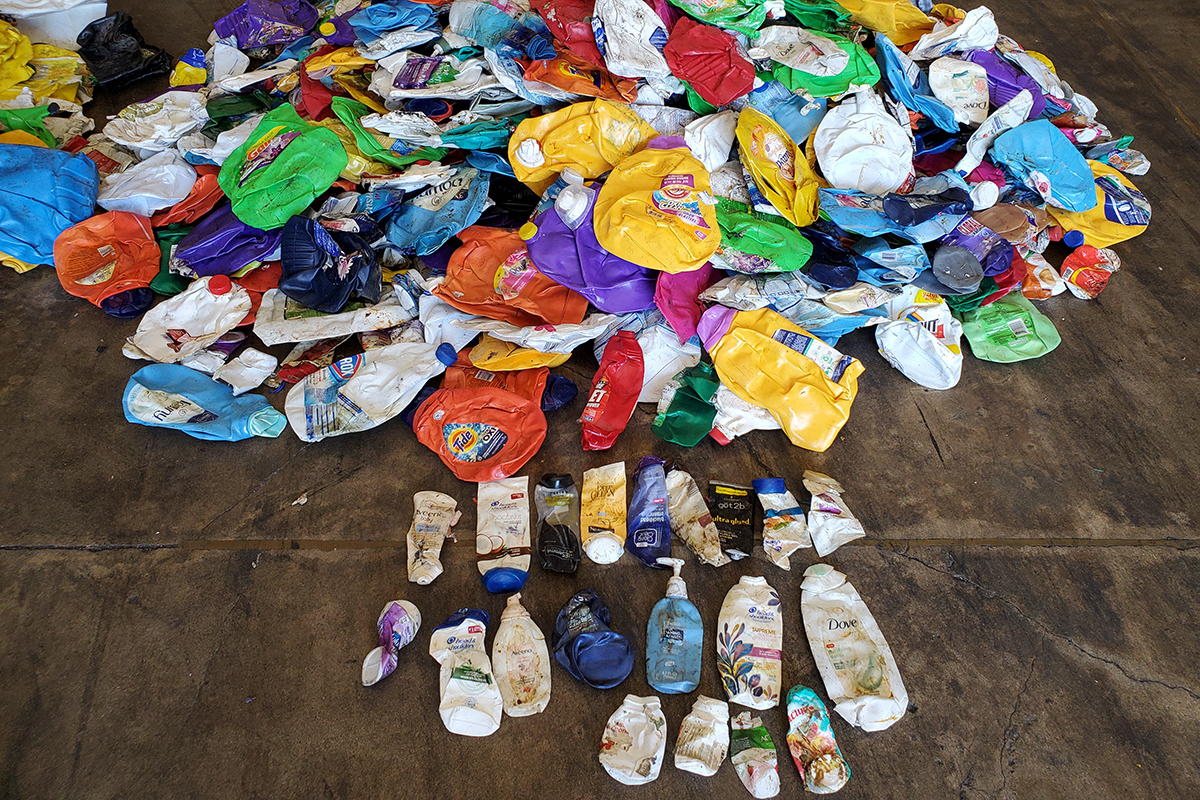



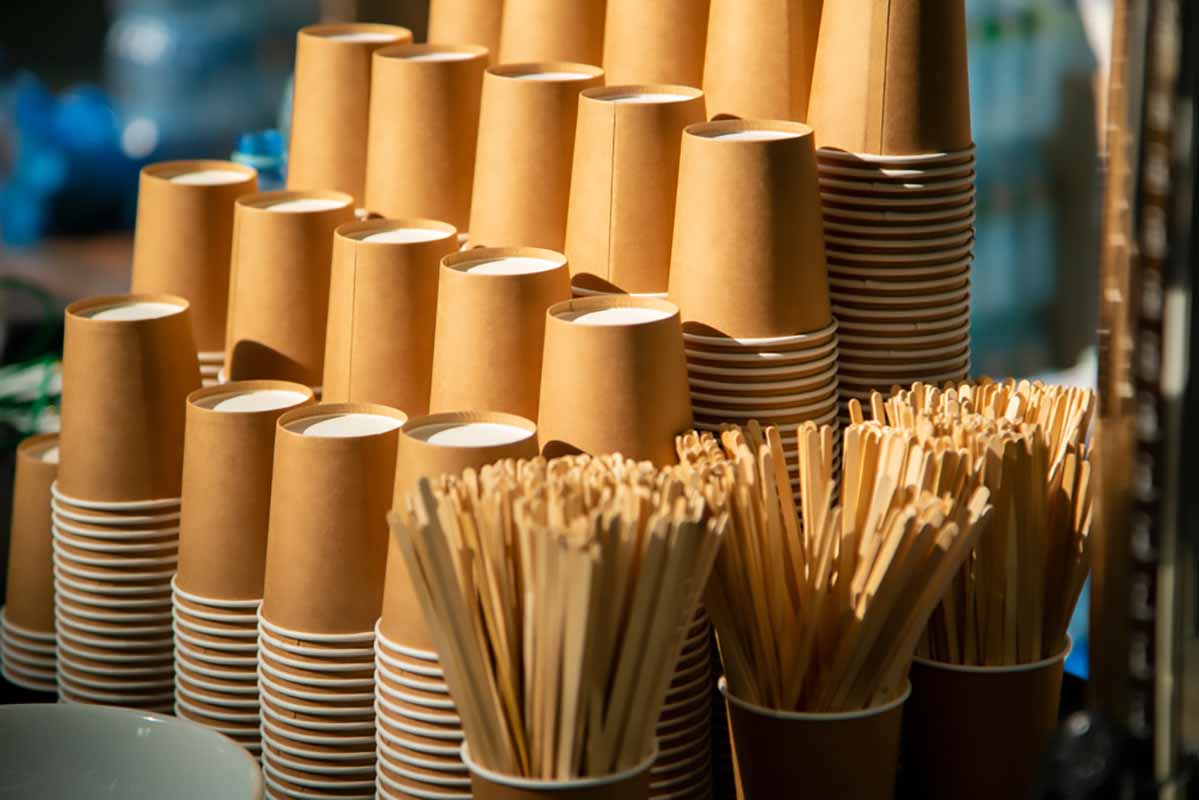
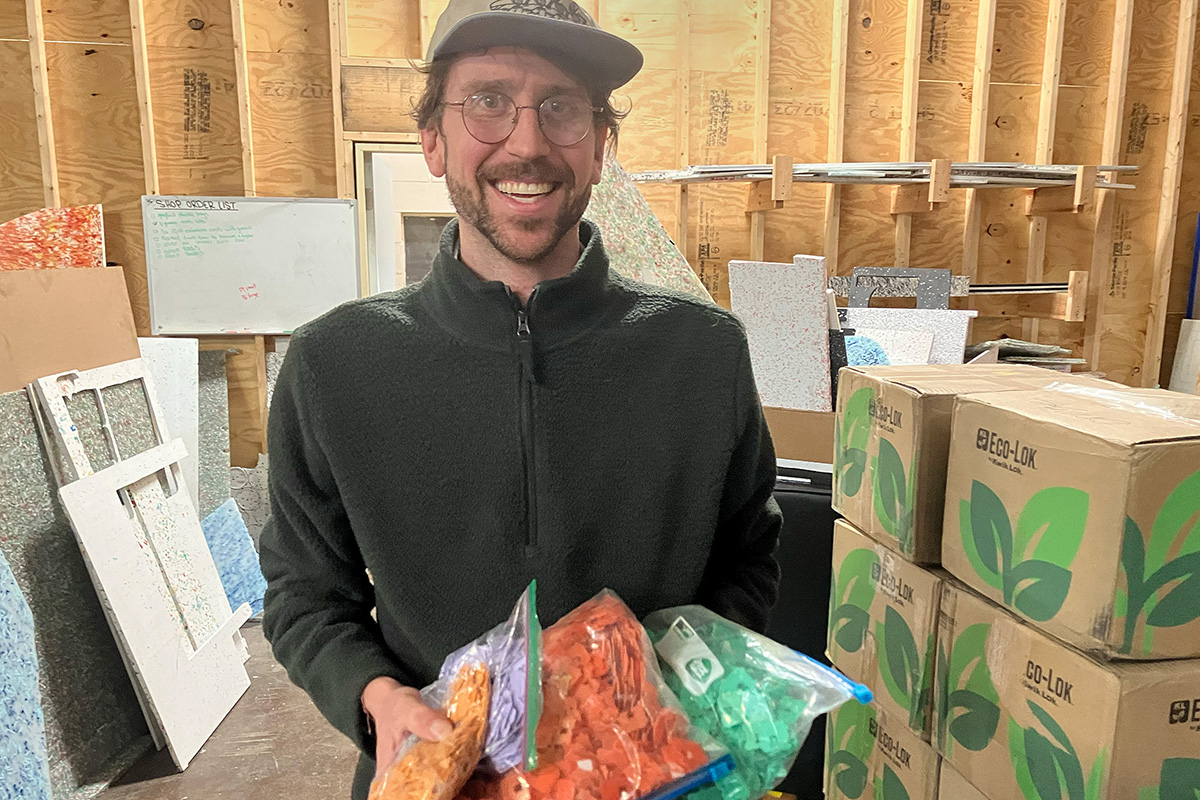
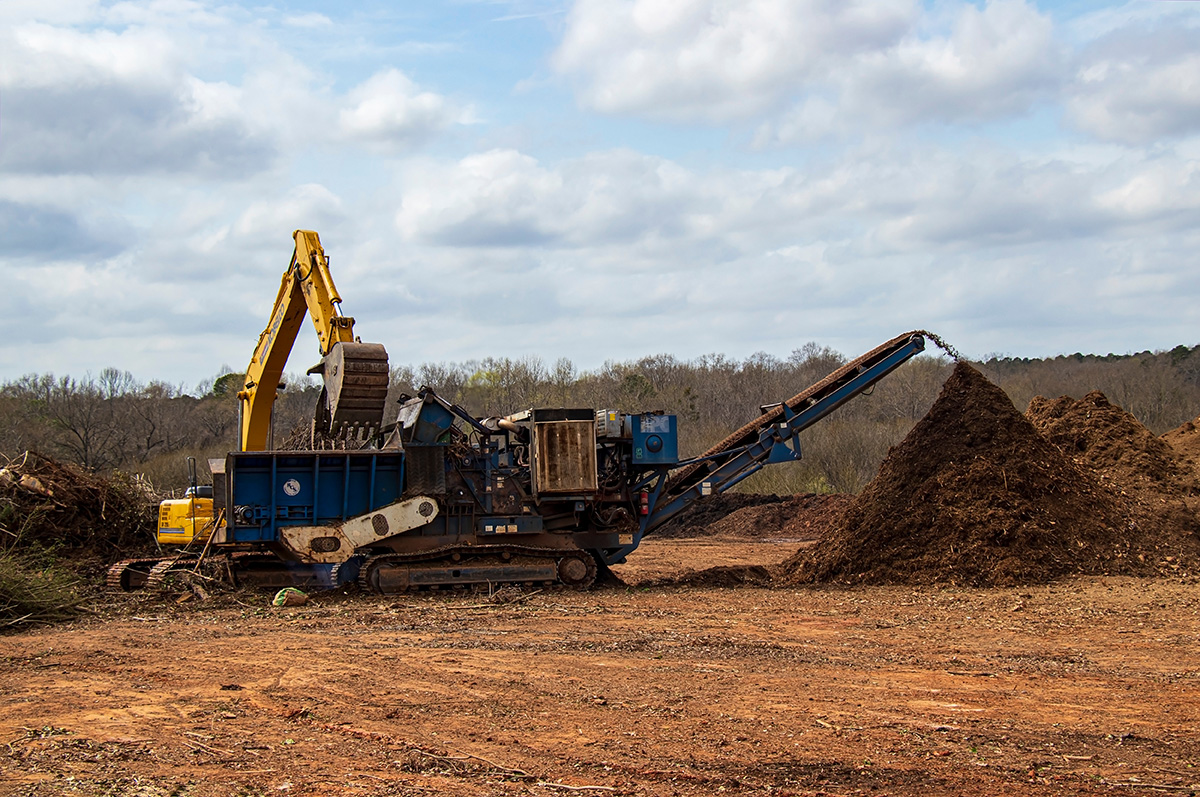
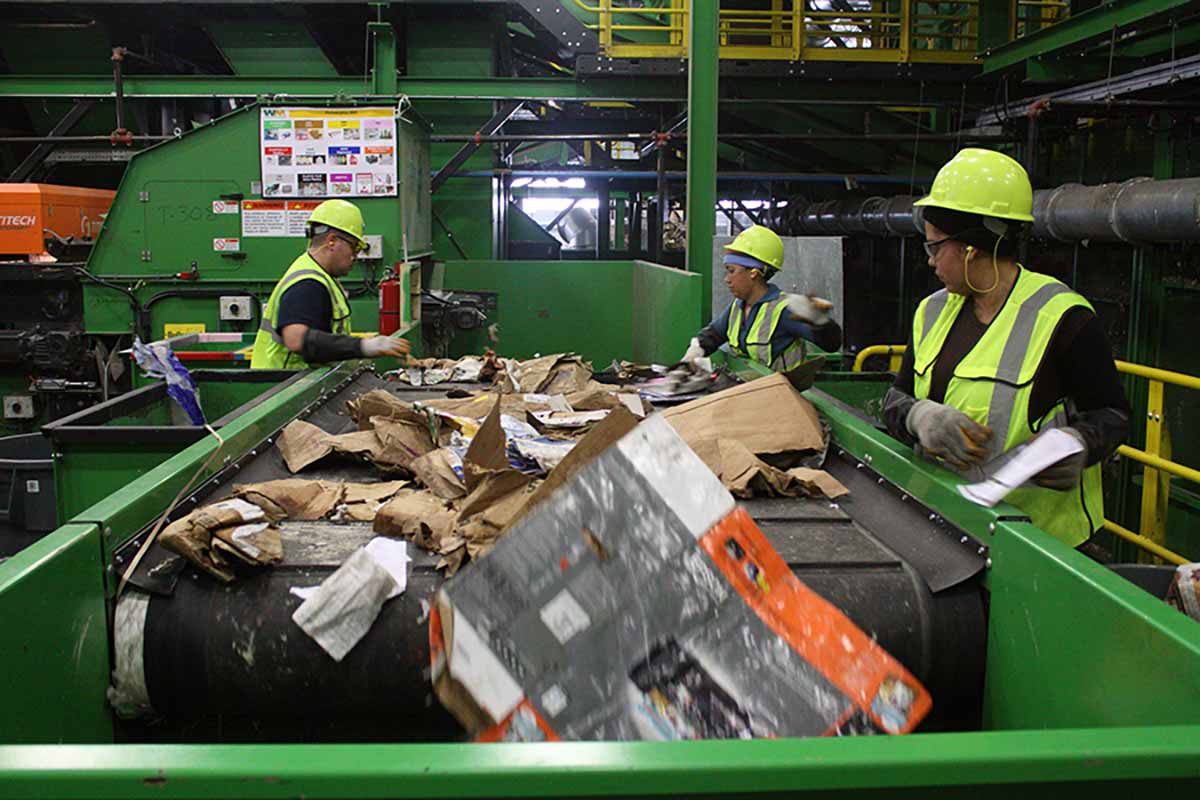
 The national average price of
The national average price of 